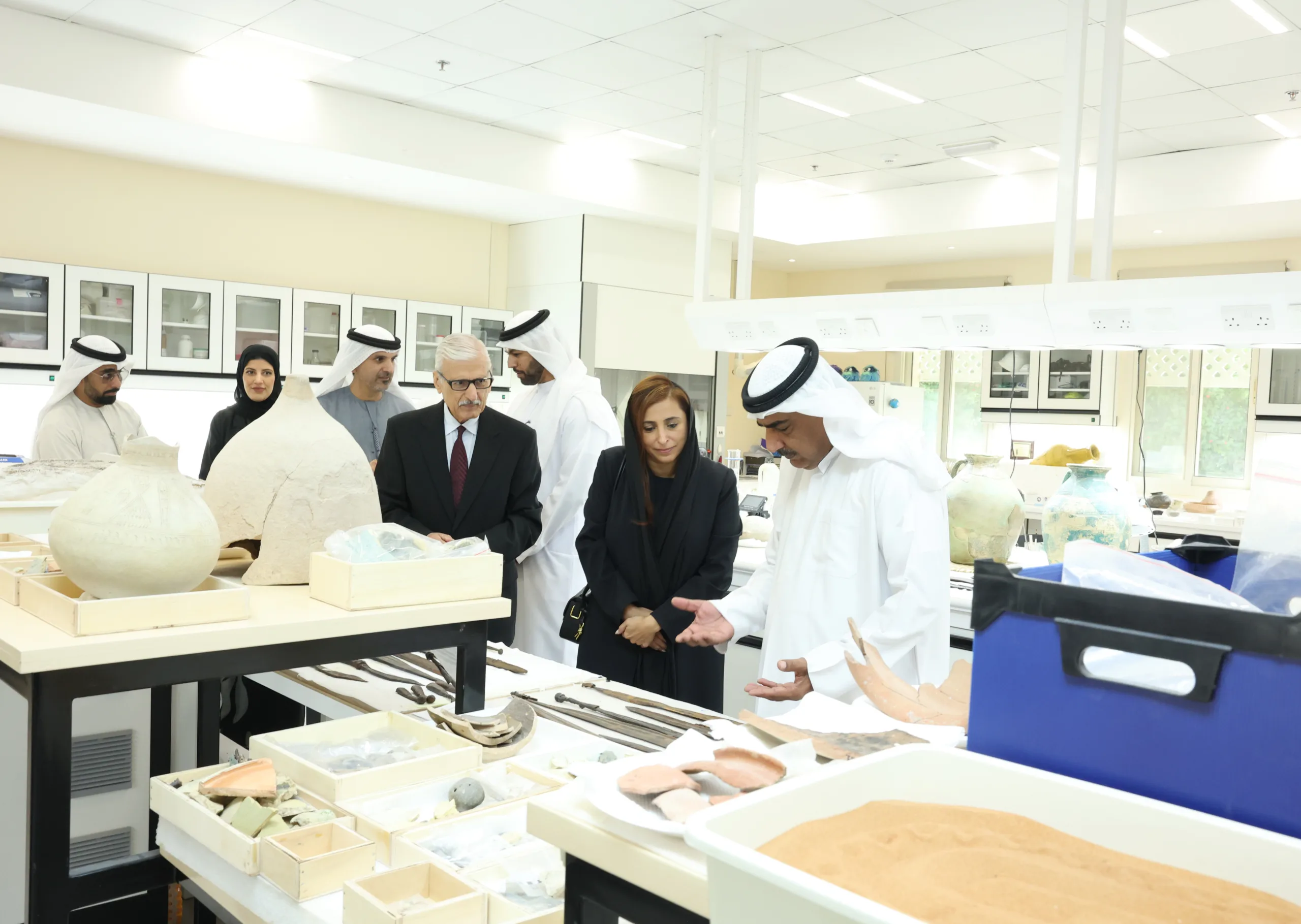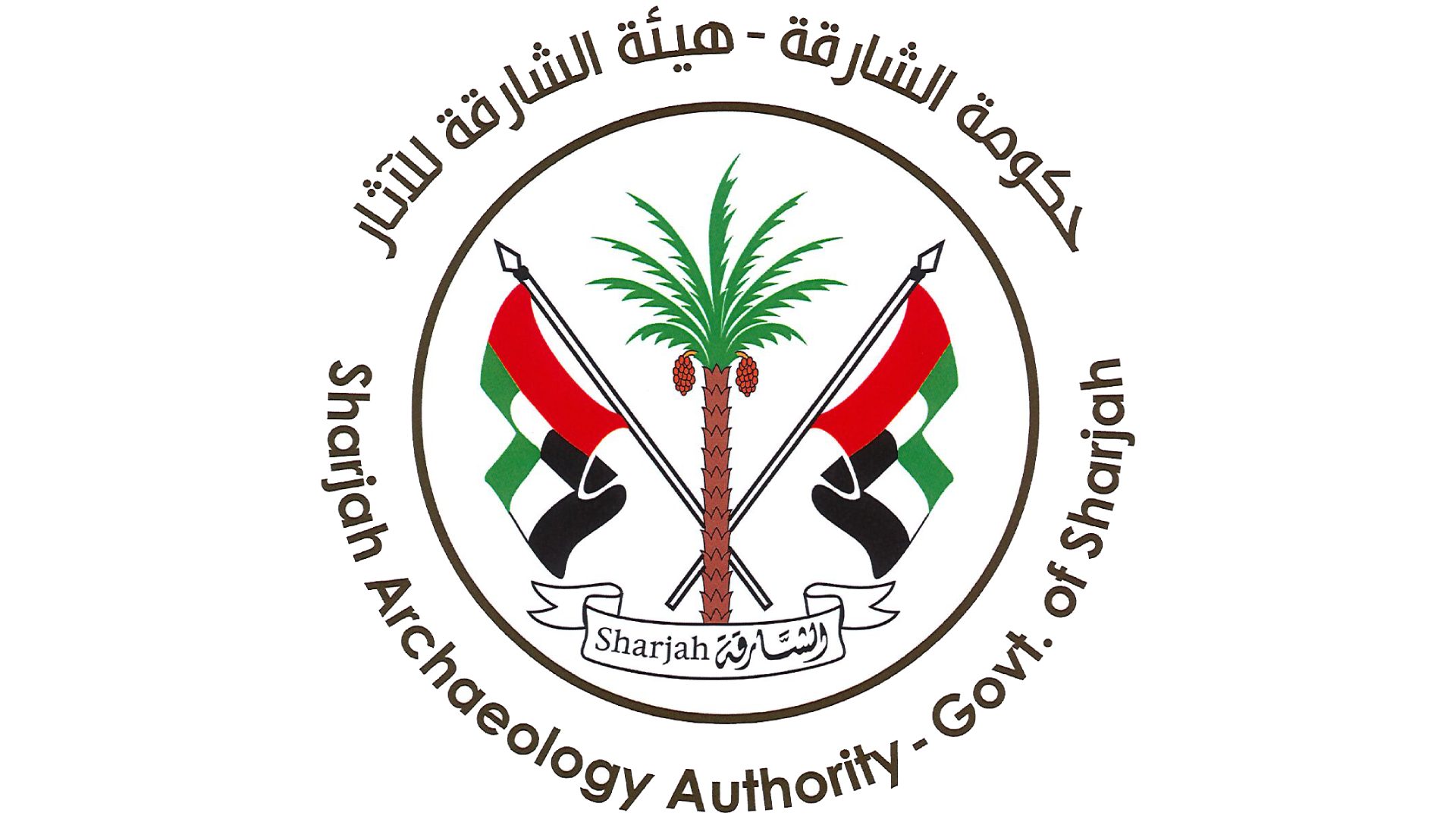An international team of researchers from the Sharjah Archaeology Authority and the universities of Tübingen, Freiburg and Oxford Brookes, have uncovered startlingly new results that show Paleolithic humans repeatedly occupied the rock shelter site of Jebel Faya in Southern Arabia between 210,000 and 120,000 years ago; shattering previously held ideas about when, and how, humans first moved into Arabia from Africa.
Jebel Faya, located in Sharjah, UAE, is one of the most important Palaeolithic sites in Arabia. In 2009 excavations revealed human occupation dating back to 125,000 years ago making it the then oldest known human site in Arabia.
New archaeological data from Jebel Faya, published in Scientific Reports, indicate that human settlement in Southern Arabia occurred under an unexpected range of climatic conditions and significantly earlier than previously thought.
Previously it has been argued that Arabia was closed to prehistoric humans during dry climate phases and that humans had to wait for periods of more wet climatic conditions in order to expand into the region. The new results contradict this view and show humans were far more adaptable than previously thought and not reliant on extended periods of favourable climate conditions to thrive.
Using a cutting-edge range of archaeological, palaeoclimatological and dating techniques, the team were able to reconstruct four distinct phases of human occupation between 210-120,000 years ago. Crucially this demonstrates that humans occupied the site during dry and wetter climate events – challenging previous ideas about when humans could and could not occupy Arabian sites during the Paleolithic and opening up the possibility that Arabia may yet yield more evidence of the human journey out of Africa during drier phases.




